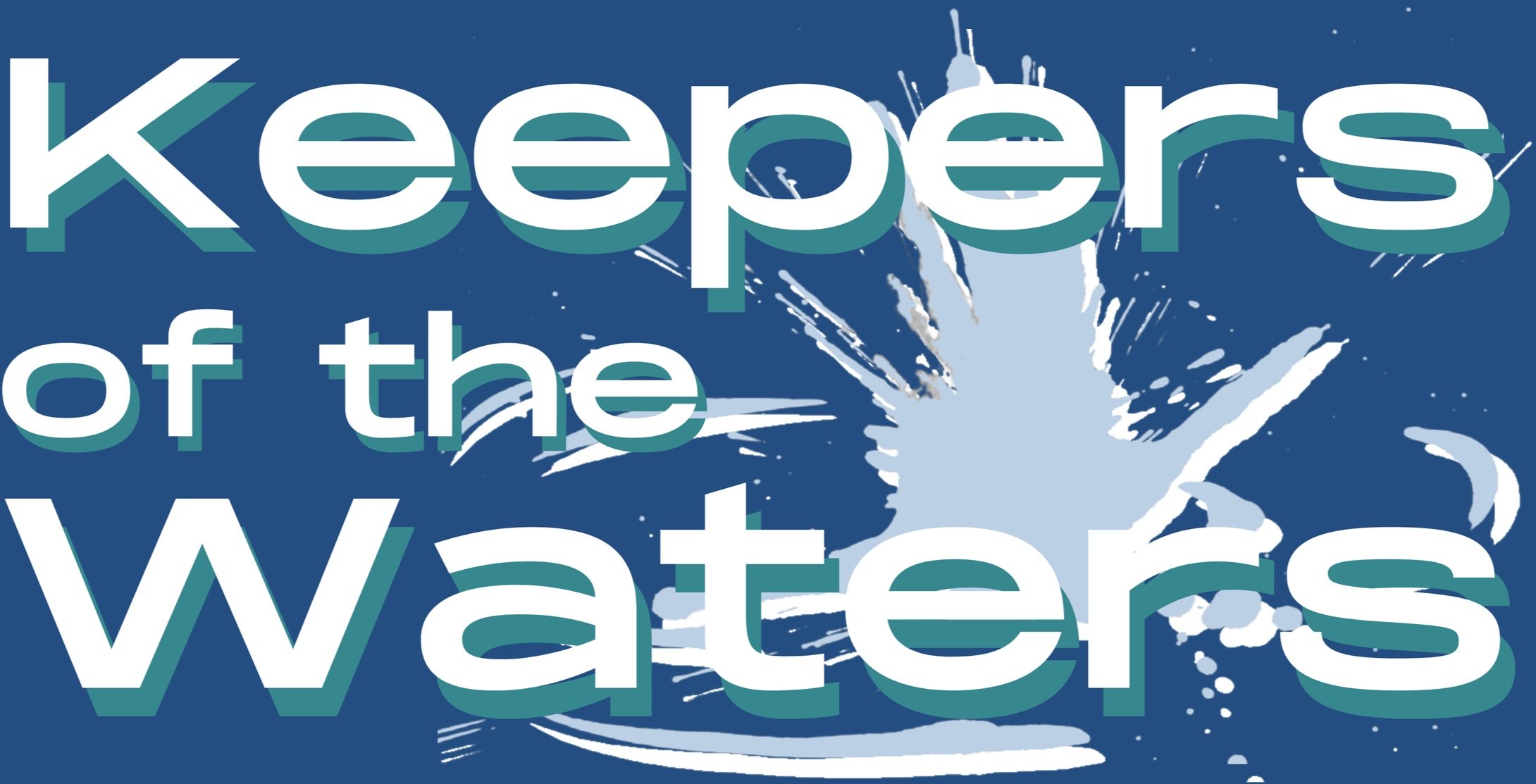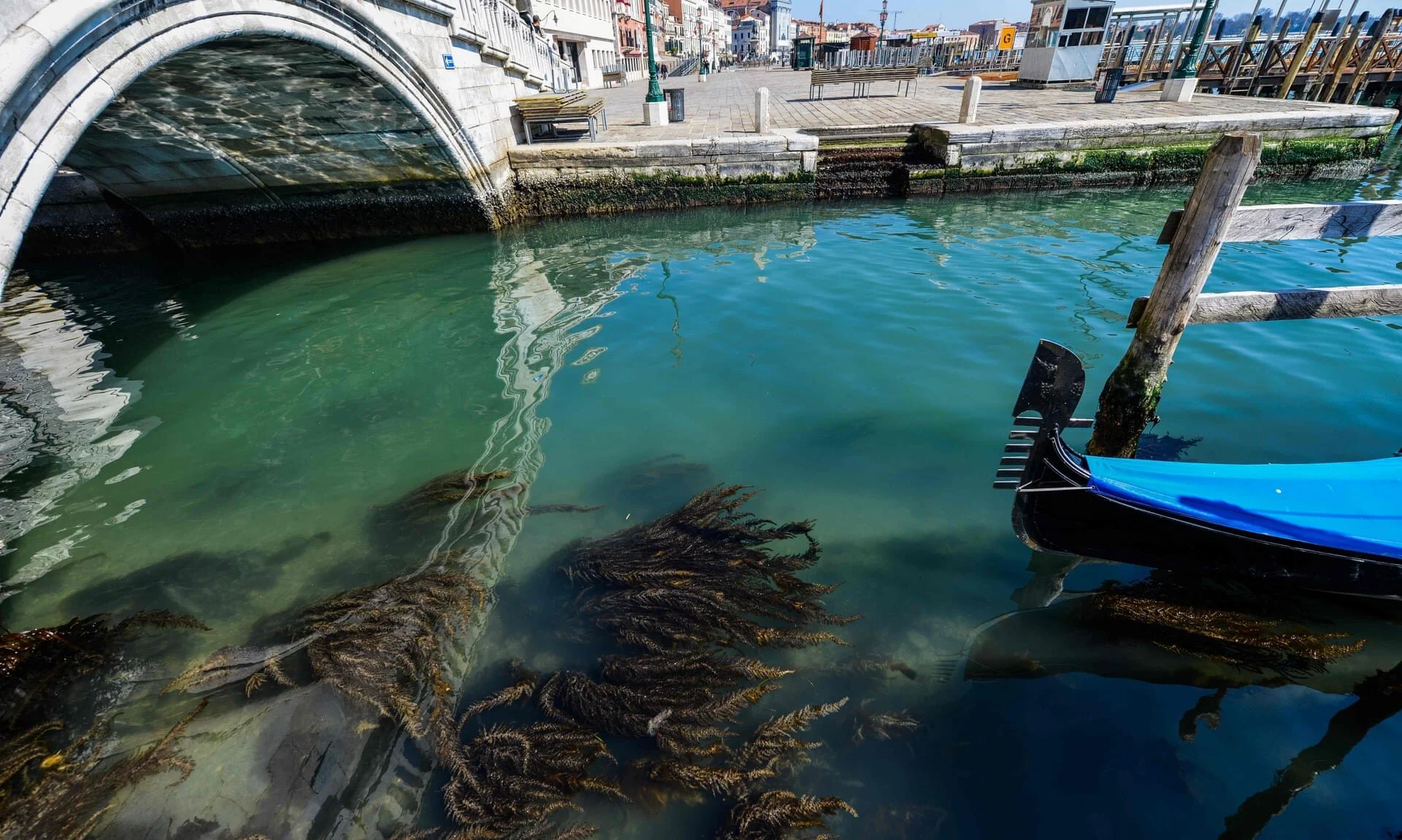Venice During the Pandemic
Seaweed can be seen in clear waters in Venice as a result of the stoppage of motorboat traffic. Photograph: Andrea Pattaro/AFP via Getty Images
In these difficult times, it’s important to remain open to positive news. It’s equally important to renew our attention to our planet, which is giving us clear lessons in this time of decreased consumption and pollution. And while we must not minimize the human suffering the COVID-19 outbreak is causing, we can still look at ways the planet is demonstrating right before our eyes how quickly it can regenerate itself when given a break from human strain.
A recent article from The Guardian examines the effects of a suspended tourism industry on the vulnerable ecosystem of Venice:
“The water is blue and clear,” said Gloria Beggiato, who owns the celebrated Metropole Hotel a few steps from St Mark’s square and has a view over the Venice lagoon. “It is calm like a pond, because there are no more waves caused by motorised boats transporting day-tripper tourists. And of course, the giant cruise ships have disappeared.” Under Venice’s strict rules of self-confinement to prevent the spread of the coronavirus – all journeys but a trip to walk the dog or buy food are forbidden – the ancient city has been transformed almost overnight.
La Serenissima’s hundreds of canals have been emptied of speeding motorboat taxis, transport and tourist boats. The chugging vaporetti water buses now run on a reduced timetable. Even most of the gondolas are moored.
The clarity of the water has improved dramatically. Cormorants have returned to dive for fish they can now see. At the Piazzale Roma vaporetto stop, ducks have even made a nest. “Someone has put up a sign saying, ‘Don’t tread on the duck eggs,’’” Beggiato said. “All totally unimaginable a while ago.”
An important distinction to make is that these improvements are not a result of diminished human activity—because ordinary people are NOT the main threat to ecosystems around the world. These improvements are a result in interruptions to massive multi-billion-dollar industries, led by the hyper-wealthy. The disruption caused by COVID-19 lockdowns are, in a way, forcing big corporations into the type of regulations they must face if we are going to address climate crisis and restore our waters.

